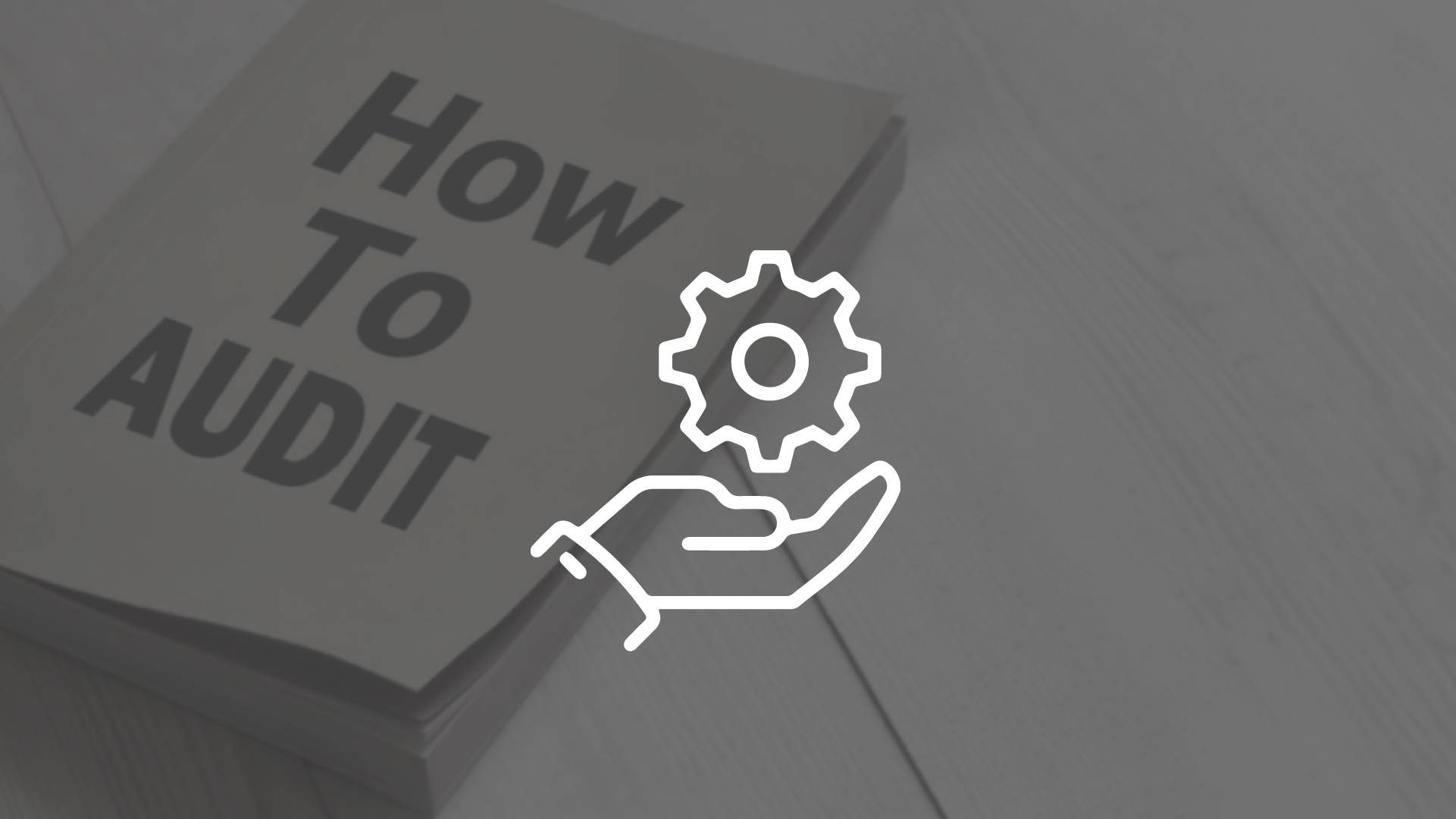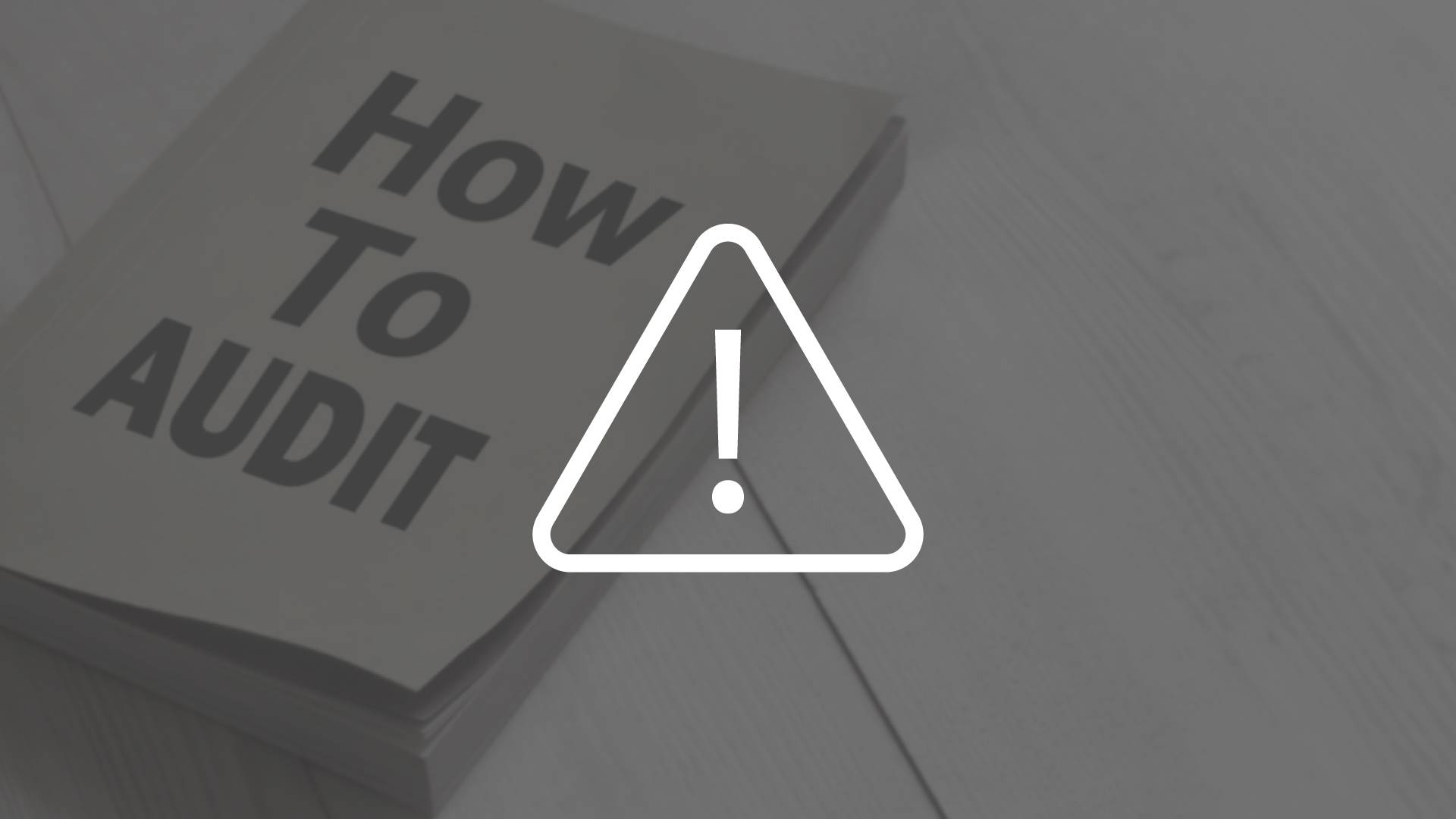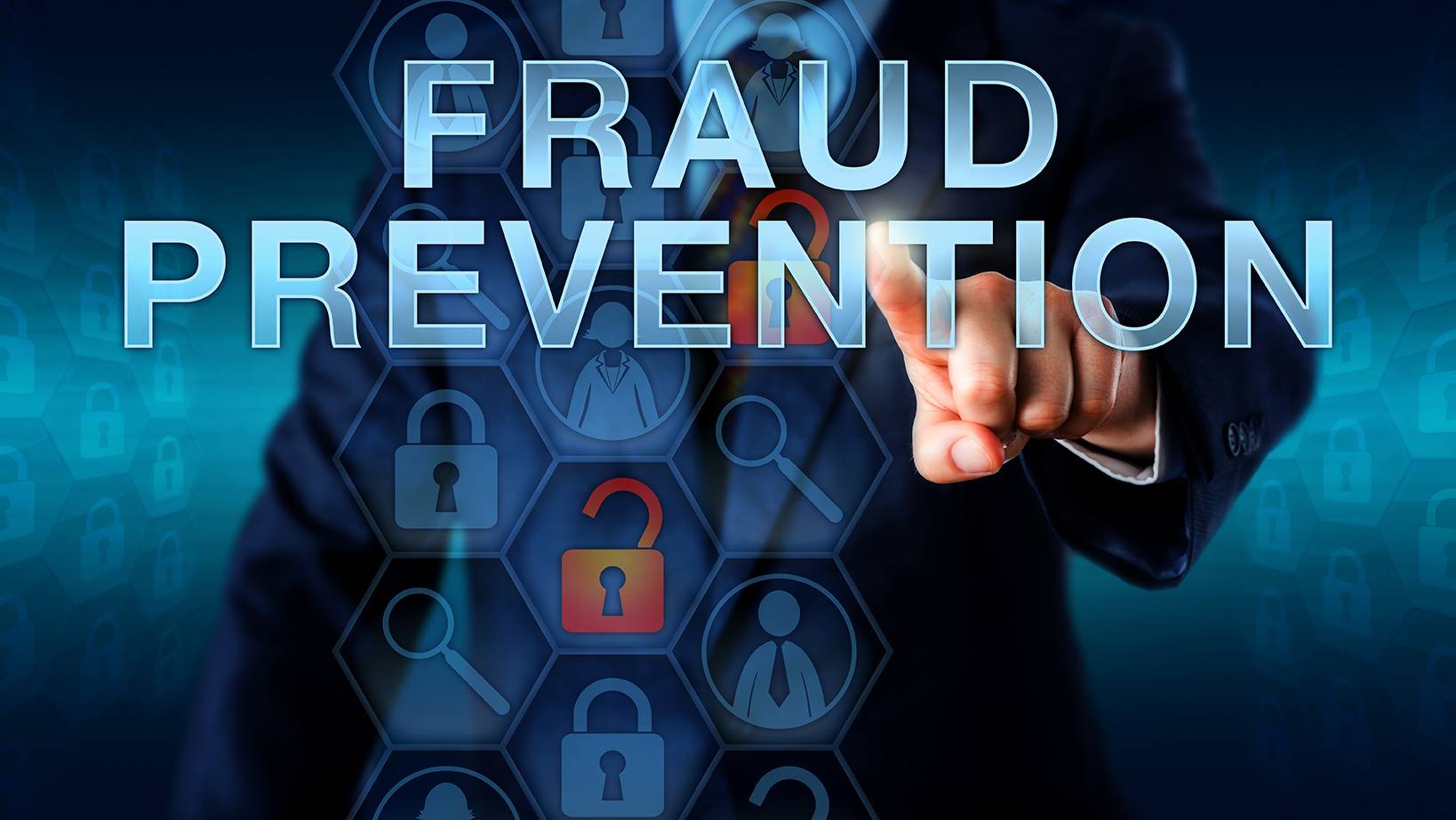Self-Study
How to Audit Fixed Assets
Fixed asset auditing techniques for tangible and intangible assets. Learn to verify depreciation methods, assess impairment losses, and detect disposition errors in your practice.

$58.00 – $78.00
Webcasts are available for viewing Monday – Saturday, 8am – 8pm ET.
Without FlexCast, you must start with enough time to finish. (1 Hr/Credit)
Please fill out the form below and we will reach out as soon as possible.
CPE Credits
2 Credits: Auditing
Course Level
Overview
Format
Self-Study
Course Description
Auditing fixed assets, a significant component of many businesses’ financial statements, presents unique challenges. The complexity increases with the diversity of tangible and intangible assets, varying depreciation methods, and the intricacies of asset impairment losses. How to Audit Fixed Assets is an asset audit CPE course specifically designed to address these challenges. It provides an in-depth understanding of the characteristics of fixed assets from an auditing perspective. Participants of this fixed asset auditing CPE will learn how to effectively audit both tangible and intangible fixed assets, navigate through the nuances of auditing depreciation, and tackle the complexities of asset impairment losses. The fixed asset auditing course also includes practical insights into recognizing accounts where fixed assets are typically recorded, detecting discrepancies in asset disposition, and understanding the triggers for possible asset impairment. This fixed assets auditing course is an essential resource for professionals aiming to enhance their proficiency in auditing fixed assets, ensuring accuracy and compliance in financial reporting.
Learning Objectives
Upon successful completion of this course, participants will be able to:
Chapter 1
- Recognize the accounts in which fixed assets are typically recorded;
- Note the changes in a fixed asset audit, based on the types of assets being audited;
- Cite the situations in which inherent risk is more likely to be high;
- Describe the fixed asset roll forward report;
- Recognize the ways to detect assets that were dispositioned but not recorded;
Chapter 2
- Note the circumstances that can trigger a possible asset impairment;
- Describe the rules relating to goodwill amortization;
Chapter 3
- Cite the auditing tasks to be completed when examining a client’s depreciation; and
Chapter 4
- Recognize the types of fixed asset reports that can assist an auditor.
Course Specifics
9179026
August 1, 2023
There are no prerequisites.
None
54
Compliance Information
CFP Notice: Not all courses that qualify for CFP® credit are registered by Western CPE. If a course does not have a CFP registration number in the compliance section, the continuing education will need to be individually reported with the CFP Board. For more information on the reporting process, required documentation, processing fee, etc., contact the CFP Board. CFP Professionals must take each course in it’s entirety, the CFP Board DOES NOT accept partial credits for courses.
Meet The Experts

Steven M. Bragg, CPA, is a full-time book and course author who has written more than 300 business books and courses. He provides Western CPE with self-study courses in the areas of accounting and finance, with an emphasis on the practical application of accounting standards and management techniques. A sampling of his courses include the The New Controller Guidebook, The GAAP Guidebook, Accountants’ Guidebook, and Closing the Books: An Accountant’s Guide. He also manages the Accounting Best Practices podcast. Steven has been the CFO or controller of both public and private companies and has been a consulting manager with Ernst & Young and …
Related Courses
-
 Auditing
Auditing
Computer Fraud and Abuse
Marshall Romney, CPA, PhD, CFE QAS Self-Study
Credits: 6 $174.00
QAS Self-Study
Credits: 6 $174.00$174.00 – $204.00
-
 Auditing
Auditing
How to Audit for Fraud
Steven M. Bragg, CPA QAS Self-Study
Credits: 3 $87.00
QAS Self-Study
Credits: 3 $87.00$87.00 – $107.00
-
 Auditing
Auditing
Fraud Prevention, Detection, and Audit
Marshall Romney, CPA, PhD, CFE QAS Self-Study
Credits: 9 $261.00
QAS Self-Study
Credits: 9 $261.00$261.00 – $291.00
